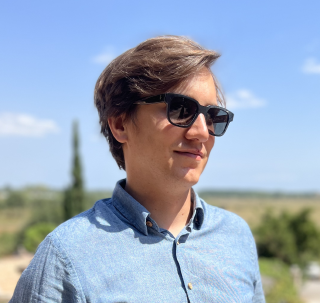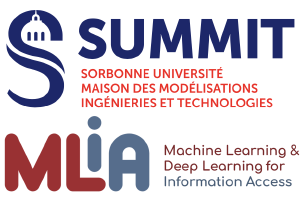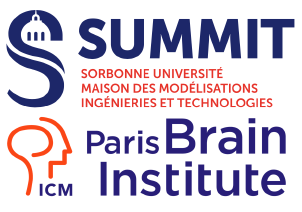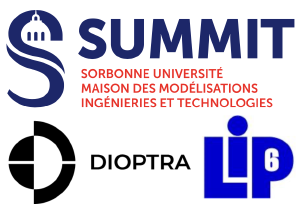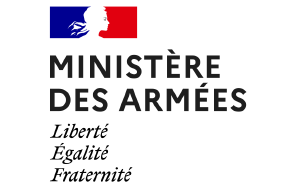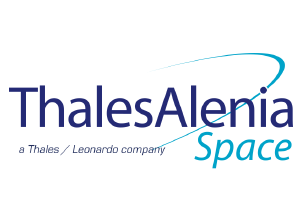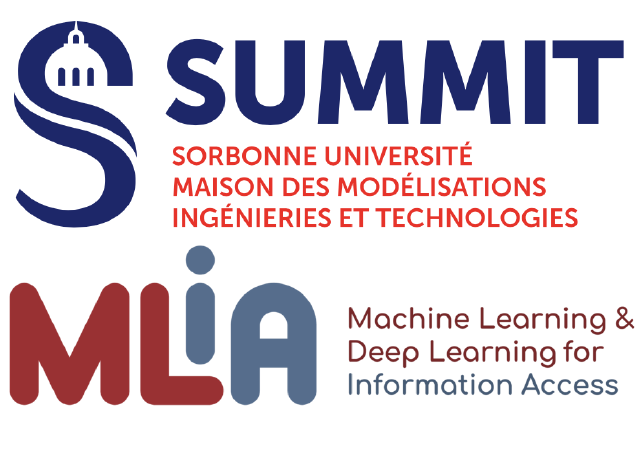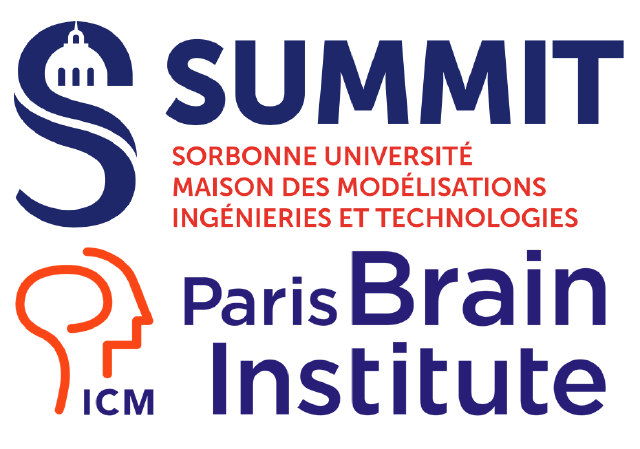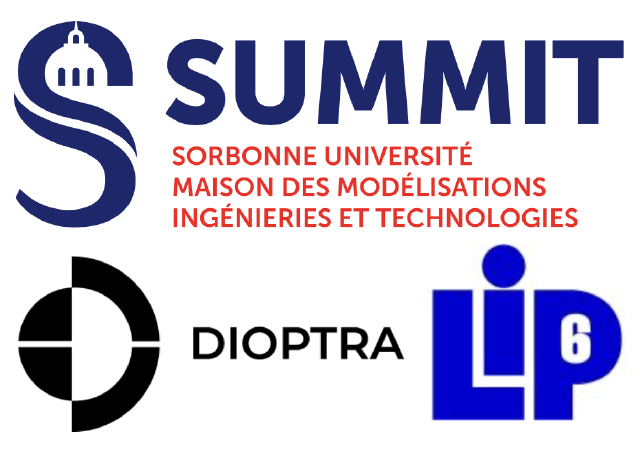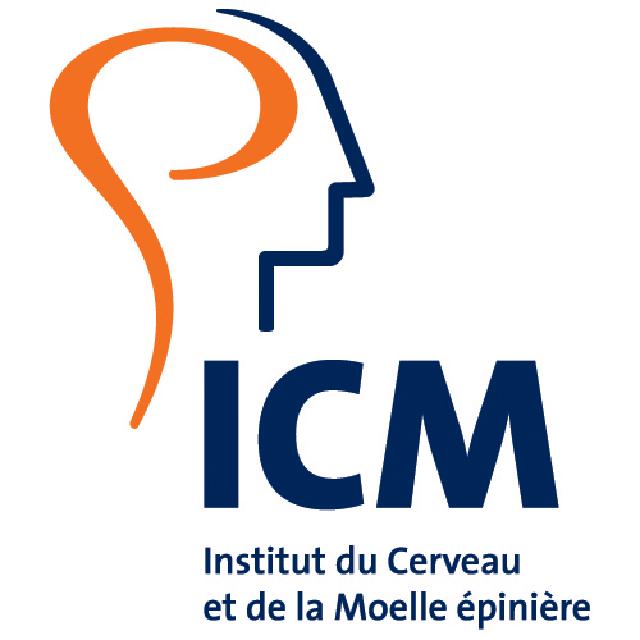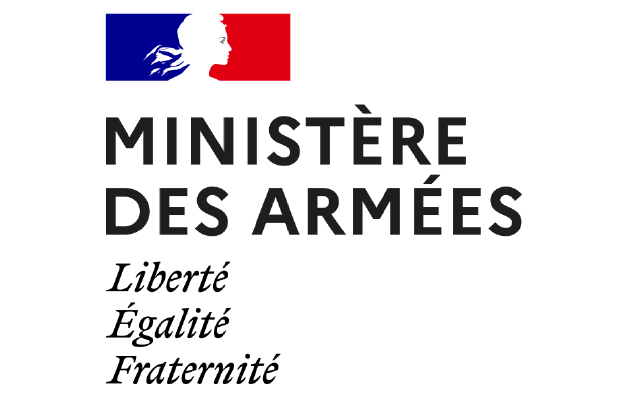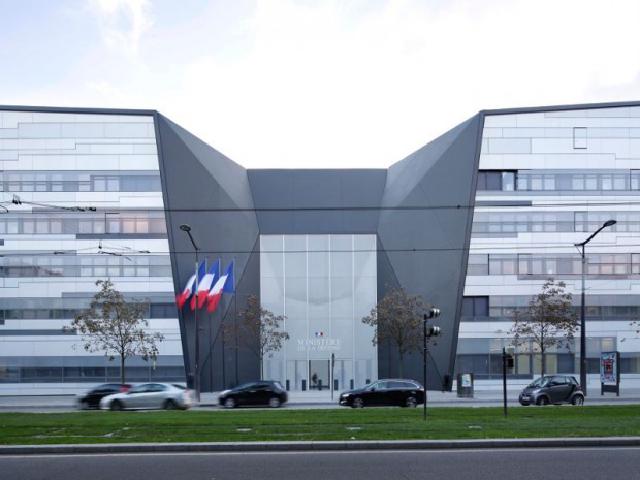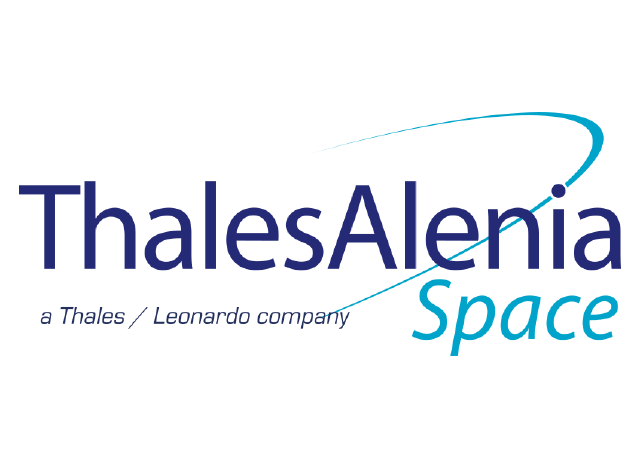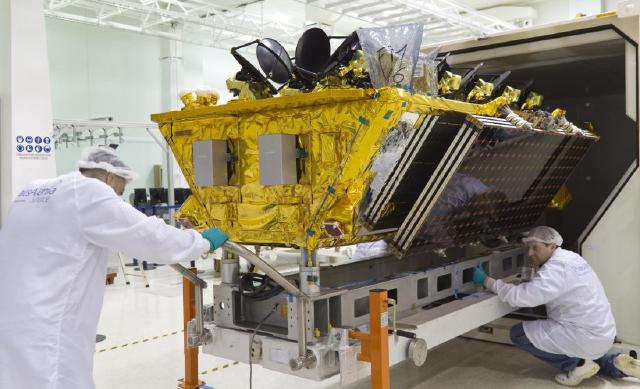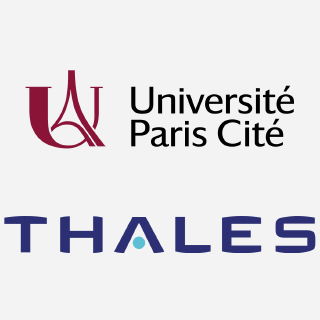I was appointed technical leader of my team, managing a team of eight engineers. I contributed to steering the team toward a more data-driven approach while maintaining a strong experimental team spirit. My role involved research project planning and monitoring as well as maintenance of critical systems.
Key areas of expertise:
- Project and team management with focus on agile methodologies
- Machine learning applications for operational use cases
- Reinforcement learning research and implementation
During this period of growth, we streamlined the onboarding process, as well as
the internship program. I supervised 10 student internships, and 5 employee
internships. This was achieved through regular internal communications and multiple
external meet-up events.
As with any long standing activity, we had to deal with large amounts of legacy code.
Highlighting multiple concepts in a clearer fashion helped us clear away a lot
of clutter. We effectively purged large amounts of code that weighted the team
down.
The largest code port I supervised consisted in tens of thousands of lines of
Perl code, that we successfully ported to Python. This was achieved by empowering
the right developers, and balancing this relatively tedious task with more expressive
projects.
Covid was an opportunity to strengthen self-training.
Currently, we are one of the few teams that regularly work remotely. Responsibility
and accountability lets us be very autonomous in that regard. Ambitious training and
research let us participate in multiple research seminars, that I coordinate.
We collectively trained on reinforcement learning, through a MOOC.
During that time, I also had to manage several difficult situations, Covid being
one of them. One inter-personal conflict also arose, and together with my team,
we managed to reach a satisfying resolution.
With clear annual objectives, the team continued to deliver robust operational
results, year after year.
Leveraging our strong autonomy, I enabled every agent to express themselves through
their work, in line with our overarching objectives.
